
Since 2000, antibody-drug conjugates have been approved by the Food and Drug Administration for various cancer types, such as breast cancer.

Since 2000, antibody-drug conjugates have been approved by the Food and Drug Administration for various cancer types, such as breast cancer.

Three years after the first FDA approval of CAR-T cell therapy, patients with multiple myeloma are starting to see the therapy emerge in earlier lines.

With many groundbreaking cancer therapies on the horizon, it's also time to focus on up and coming cancer vaccines.

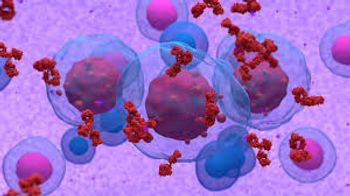
Here is a run-down of some topics we covered in the Spring 2024 issue of CURE.

This special issue of CURE Lung Cancer takes a deeper dive into ALK-positive non-small cell lung cancer.

Currently, the Food and Drug Administration lists 119 drugs as being in short supply, including 25 cancer drugs.

The knowledge of DNA mutations continues to shape the way that breast cancer is treated.

Researchers are looking for other ways to disrupt tumor cells in a way that better engages the immune system by exposing it to tumor antigens.

Supportive care commonly addresses physical symptoms associated with lung cancer and side effects associated with cancer therapy.

Personalized medicine means not only more powerful drugs for cancers, but also more precise mechanisms that target the specific consequence of mutations and other alterations that drive cancer cell growth, sparing normal cells.

Good science, along with creativity in applying and testing it properly, can be successful against all odds for patients with cholangiocarcinoma.

Discovering different genetic mutations to target ... continues to add to the excitement.

Does lung cancer screening continue after a person is finished with treatment and moves in to the survivorship stage?
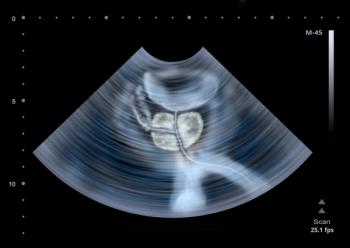

Enhertu's FDA approval marked a major milestone in the breast cancer space, as it was the first drug to be approved for patients with HER2-low disease.

Maintenance therapy helps deter undetectable cancer that may exist after initial treatment.

The stories in this issue of CURE illustrate how patients with cancer have become partners in therapeutic advances.

It is my hope that the cancer field continues to grow the novel therapy for not only patients with lung cancer, but well beyond. It is critical that the public be aware of how research and clinical trials are catalysts to better the outcomes of patients with cancer.

Engineered cell technology is an example of ingenuity that brings together cutting-edge laboratory science and clinical trials to address aggressive cancers.

Brain metastases are a pattern of spread we are seeing more for many tumor types as patients are living longer with metastatic cancer and we more readily use an array of brain imaging technologies when needed.

It is important that the whole community understand that basic research and clinical trials can continue to improve outcomes for patients with genitourinary cancer.

Read more about the current research for the disease, as well as how these advances impact the patients diagnosed with it.

Patients with cancer who are treated with checkpoint inhibitors or immunotherapy, along with other treatments, run the risk of developing ILD as a side effect.

Sophisticated analyses can predict which gut microbiome profile may lead to better outcomes to immunotherapy for patients with advanced melanoma.

Over the past few years, lung cancer has changed significantly with improving outcomes, particularly attributable to immunotherapy, but how do we continue that trend?

It is difficult for anyone to receive a cancer diagnosis, but when someone who is younger than average finds out they have gastrointestinal cancer, they may face other challenges.

Although COVID-19 has shaken our lives in so many ways, it’s important to keep our health one of our top priorities while also staying safe. We must find widely acceptable ways to screen for cancer in this new era so that we don’t turn the clock back on the gains we have made in the past few decades.
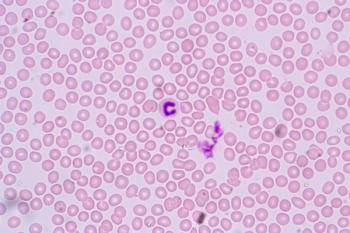
Over the past decade, advances in both diagnostics and therapeutics in a variety of blood cancers have turned certain diseases into chronic conditions.

As our understanding of lung cancer broadens, experts are now looking to rare genomic alterations that lead to aggressive lung cancer.
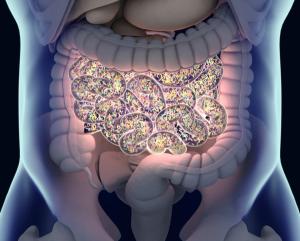
Published: May 9th 2021 | Updated:

Published: September 25th 2020 | Updated:

Published: June 23rd 2024 | Updated:

Published: September 26th 2021 | Updated:
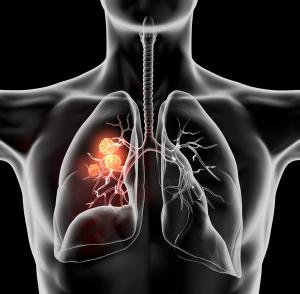
Published: May 1st 2021 | Updated:

Published: June 28th 2021 | Updated: